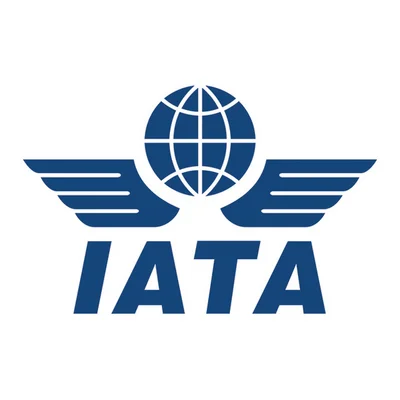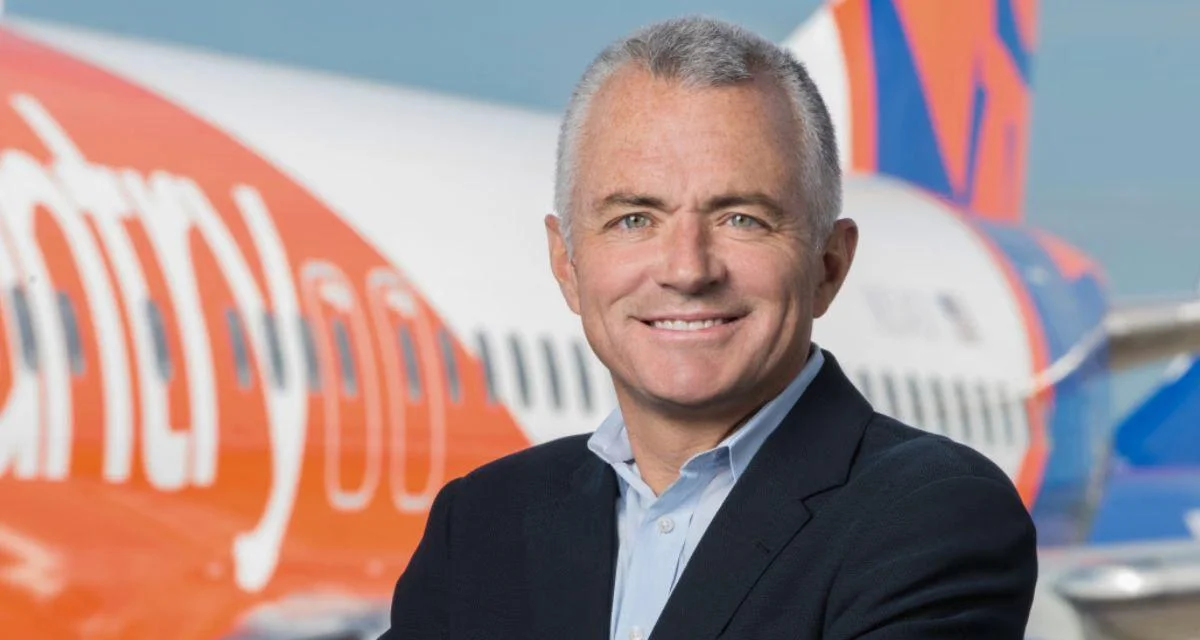In an investor filing with the Securities and Exchange Commission on October 14, Spirit outlined its strategy should it emerge from bankruptcy as an independent company. The plan includes further reductions to its flight schedule, projecting that the airline will be about 20% smaller in 2026 compared to this year. These cuts would come on top of previously announced reductions; current forecasts show Spirit’s available seats are expected to decrease by 24% in 2025, based on data from aviation analytics firm Cirium.
Spirit’s long-term outlook includes a return to “modest growth” in 2027 and an average annual growth rate of approximately 9% thereafter.
The company also plans to focus its fleet exclusively on Airbus A320 and A321 aircraft, removing newer A320neo and A321neo models affected by ongoing Pratt & Whitney engine issues. In September, Spirit had 38 A320neo-family planes grounded due to these engine problems and another 20 aircraft parked for sale. The airline has sought court approval to return over 100 of its 214 planes to lessors.
Another key part of Spirit’s strategy is to reposition its brand toward a more upmarket segment, aiming to attract what it calls a “value-seeking audience.” The airline has historically been known for its low-cost, no-frills approach, which could make this transition challenging.
Ahmed Abdelghany, associate dean and professor at Embry-Riddle Aeronautical University’s business school, commented on changing consumer preferences: "Many people have experienced [ultra-low-cost carrier] service and know what it means versus the full-service carrier," he said. Abdelghany noted this trend is benefiting full-service airlines like Delta Air Lines and United Airlines and contributing to a shift toward premium offerings in the U.S. market.
To align with these trends, Spirit has upgraded its Big Front Seat to "business class" and added extra-legroom premium economy seats on its aircraft.
The airline’s stand-alone plan also includes measures to reduce costs that have risen sharply since the pandemic. In addition to shrinking its fleet, Spirit has issued furlough notices to hundreds of pilots and flight attendants and has cut more than a dozen unprofitable destinations from its network.
 Alerts Sign-up
Alerts Sign-up




































